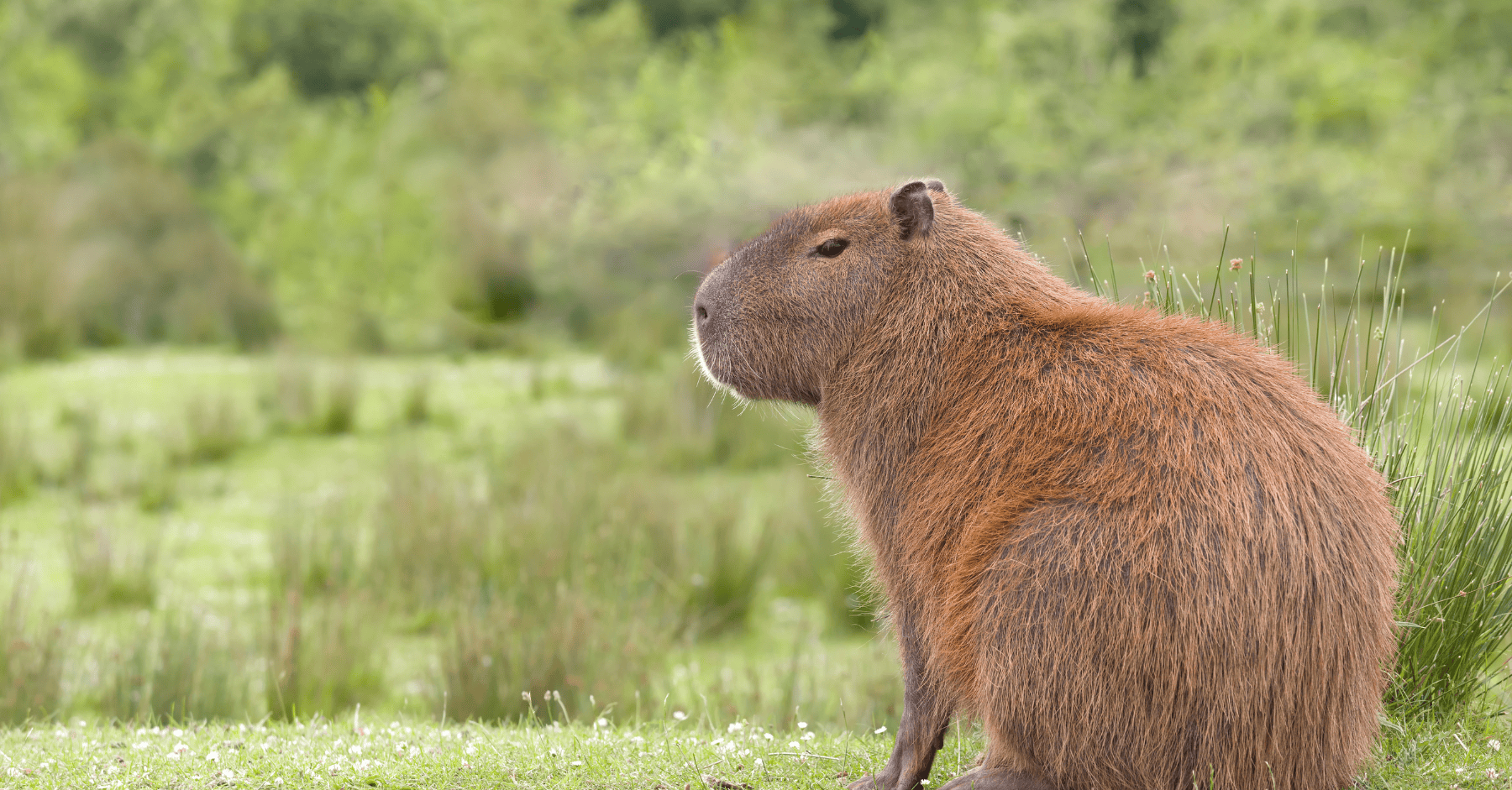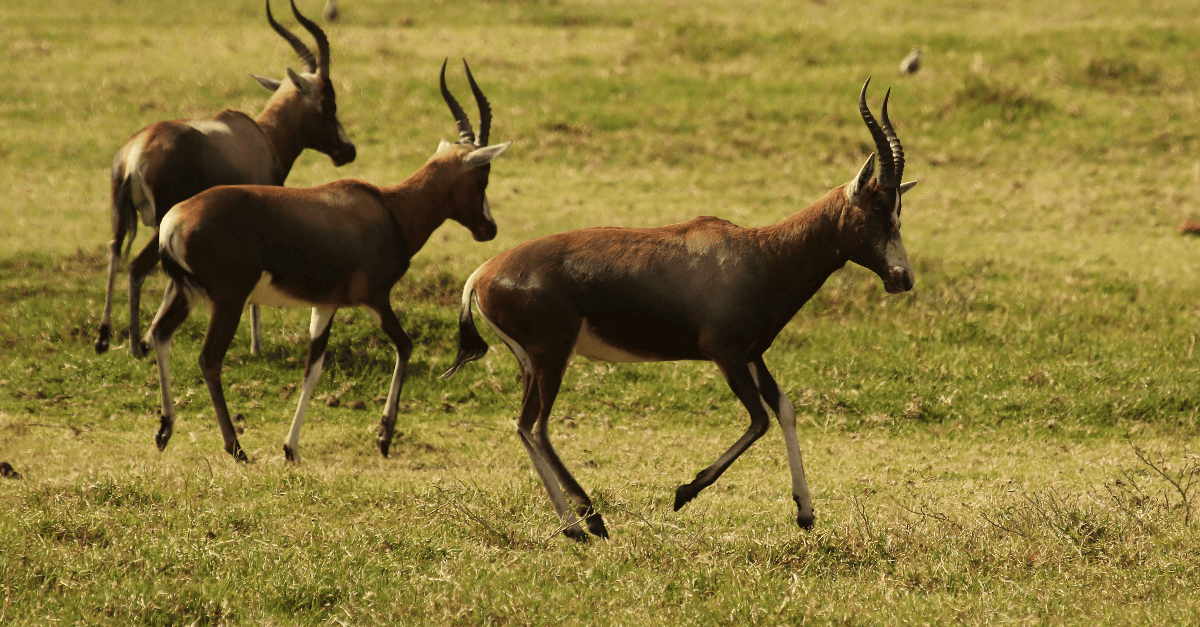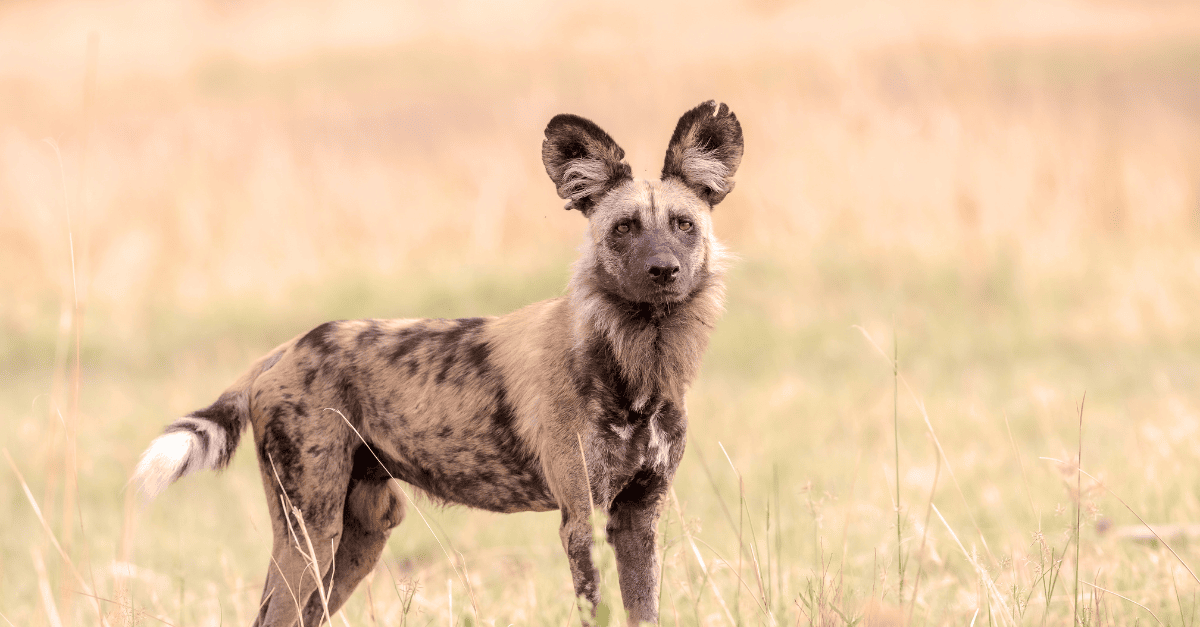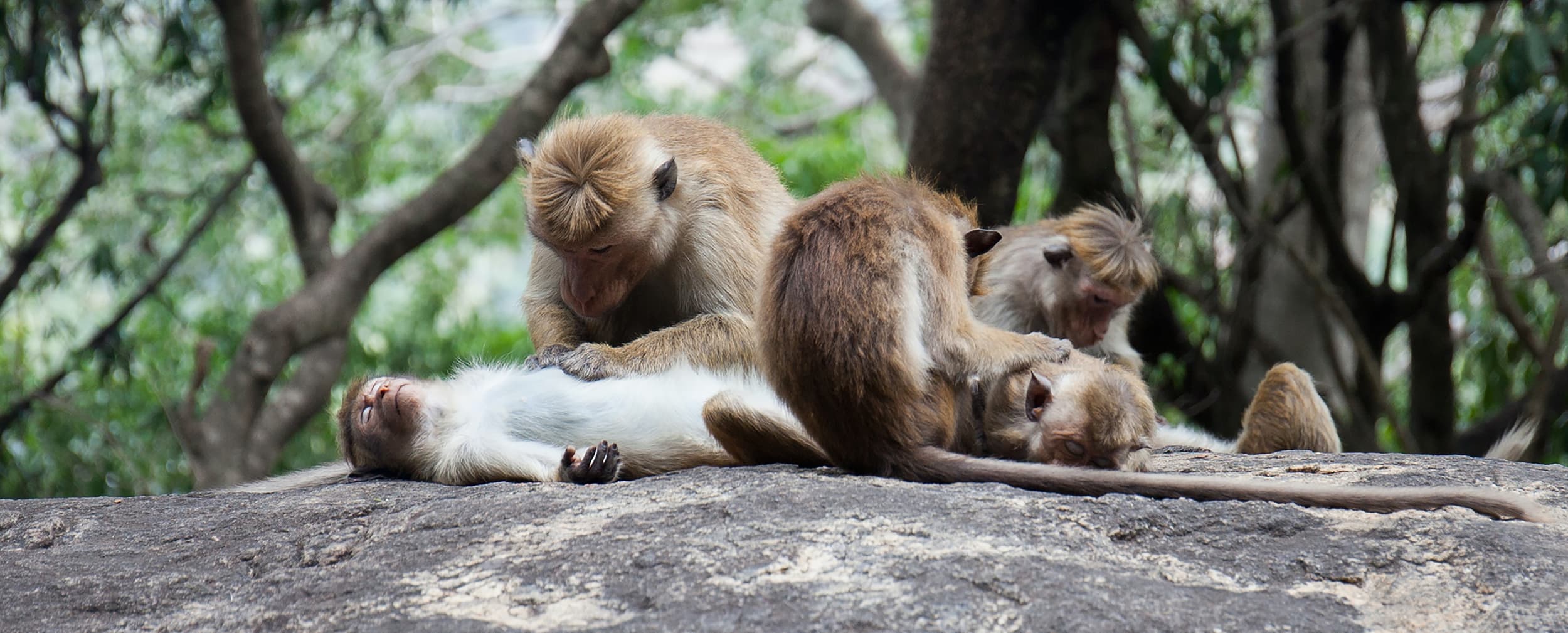It feels strange to look back at an event that was perceived as disappointing by so many people around the world and yet feel energised with our work and results. Yet, two distinct perceptions of the same reality can co-exist. This was the case for me with the recently concluded UN Climate Change conference in Bonn, from 3 to 13 June 2024.
The Earth Negotiations Bulletin reported that the Bonn meeting did not leave delegates optimistic. Discussions on the implementation of the Global Stocktake, the mitigation work programme, and the new collective quantified goal on climate finance did not progress as needed. (For those interested in the details of the different strands, I found this recap by Carbon Brief particularly useful.)
The lack of consensus on these key issues by the end of the talks was indeed disappointing and worrying. Don’t get me wrong–the world is heading for 2.7C, and the lack of international cooperation creates a sense of impending doom.
But on the sidelines of these stalled negotiations, progress in other areas was made. Here are a couple of steps forward that should be seen as reasons to keep chipping away.
1. UNFCCC parties’ interest in wildlife as allies in climate change mitigation
“Wildlife & Climate Change: Animals for NDCs” was the official side event we co-hosted with Whale & Dolphin Conservation and IFAW.
Side events can be hit or miss in terms of effectiveness, but they often provide valuable advocacy opportunities. Given the lack of discussion in the UNFCCC context about the significant role wild animals play in the carbon cycle, our event stood out. It was a great event if I can say so as a moderator. But you can judge for yourself – see here.
In short, what we argued is that while the mitigation conversation is dominated by the need to reduce greenhouse gas emissions, this is only one part of the puzzle. We must also preserve and increase our natural sequestration. In this regard, the role of animals and their welfare, which influences their capacity to perform their role in ecosystems, is crucial for climate action.
Just having the space to discuss this with global policymakers would’ve been a win. Instead, the event became one of many moments in which interested parties were keen to learn more and, importantly, interested in how to integrate this into their Nationally Determined Contributions (NDCs).
This article is not the place to describe tentative plans discussed in the corridors. But I can say that as WFA plans to publish soon practical guidance for countries to integrate wildlife protection while transforming food systems, we are confident there’s now a burgeoning interest in using this to bolster their respective NDCs. More to come.
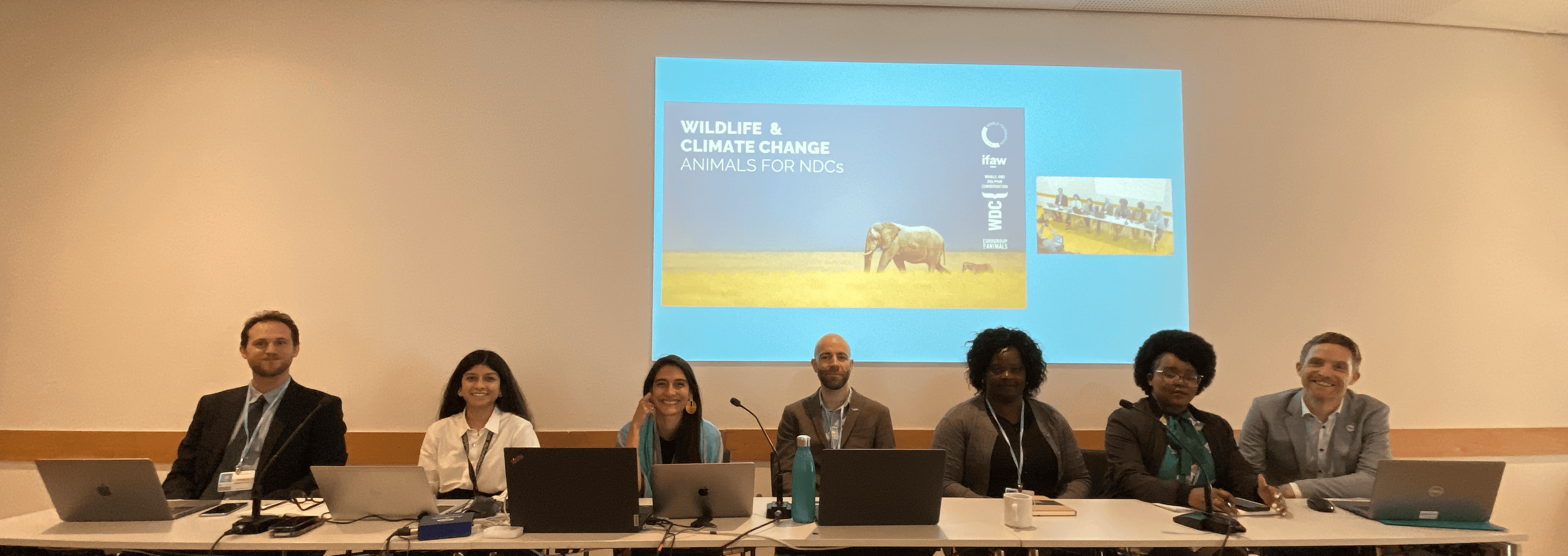
2. Entry points for future farm animal welfare advocacy in the climate space
Progress on the Sharm el-Sheikh joint work on the implementation of climate action on agriculture and food security
In Bonn, delegates continued to work on the Sharm el-Sheikh joint work on agriculture and food security. This initiative aims to enhance climate action in agriculture by promoting a holistic approach, involving multiple stakeholders, and sharing best practices. A key activity to achieve these objectives will be workshops. At Bonn, there was finally consensus among UNFCCC parties on these and two workshop topics were agreed upon:
- Workshop 1 (June 2025): Systemic and holistic approaches to implementing climate action in agriculture, food systems, and food security, focusing on understanding, cooperation, and integration into plans.
- Workshop 2 (June 2026): Progress, challenges, and opportunities related to identifying needs and accessing means of implementation for climate action in agriculture and food security, including sharing of best practices.
These workshops can provide strategic opportunities for our movement. The holistic approach promoted in the first workshop topic allows for the inclusion of animal welfare as a crucial component of sustainable agriculture and food systems. The focus on sharing best practices in the second workshop offers a space to showcase successful examples of integrating animal welfare into climate action strategies.
By advocating for the inclusion of animal welfare considerations into these discussions, we can highlight how improving the treatment of farm animals can contribute to better environmental outcomes, such as reduced greenhouse gas emissions and improved soil health. Additionally, we can see these workshops as a potential platform to discuss the benefits of shifting towards plant-rich diets, which can lead to substantial (human) health and environmental benefits, including lower greenhouse gas emissions, reduced land use, and decreased pressure on natural resources.
Launch of the Harmoniya Initiative
The Azerbaijani incoming Presidency of UNFCCC COP 29 and the FAO introduced the Harmoniya Initiative, a hub for agrifood systems work, to be officially launched at COP 29. This initiative, which focuses on empowering farmers and rural communities, aims to facilitate experience sharing, identify synergies, and address gaps to transform agrifood systems. Its focus on transforming agrifood systems offers an important opportunity as it provides a global platform to raise awareness about the importance of animal welfare and promote sustainable diet shifts in the context of climate action.
Next steps
WFA has a dedicated working group on the UNFCCC. Our focus lies in the integration of wildlife protection, climate change mitigation, and food systems’ transformation. If you’re interested in collaborating with us on this work, get in touch!

